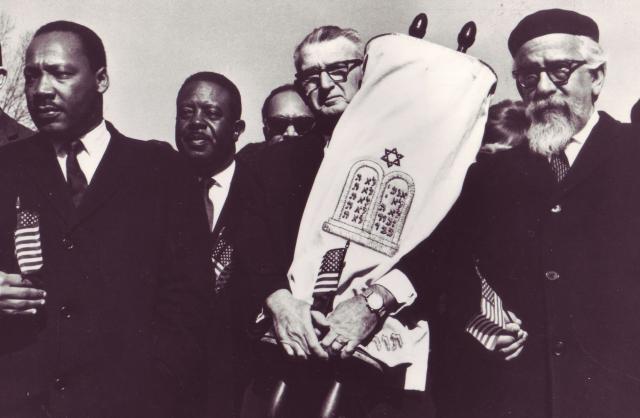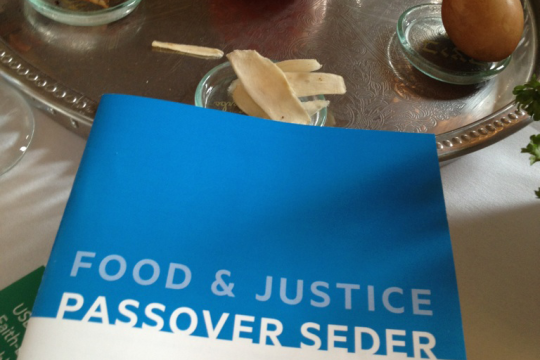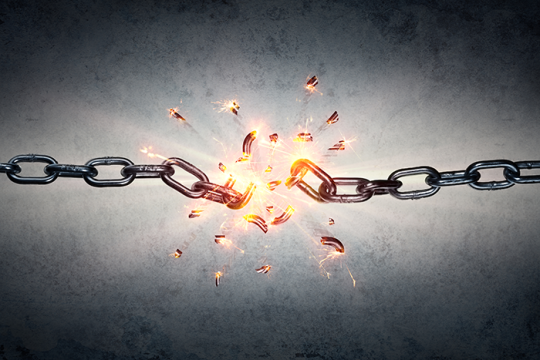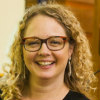
2023 marks the 150th anniversary of the founding of the Union for American Hebrew Congregations - now called the Union for Reform Judaism. What should this milestone mean?
Anniversaries often celebrate the longevity or the survival of an institution. The URJ's anniversary is not only a time to celebrate our Movement's impact on North American Jewish life over the last 150 years; it also provides us with the opportunity to envision what we want to build, and who we want to build it with, over the next 150 years.
Don't misunderstand, there is much to celebrate about Reform Judaism's impact on Jewish life, secular culture, and democratic societies. Whether it was the ordination of Rabbi Sally Priesand as the first female rabbi in North America in 1972, the inclusion of the first LGBTQ+ congregation, Beth Chayim Chadashim in Los Angeles, into the URJ in that very same year, or the recognition and honoring of same-sex partnerships in Reform congregations in the late 1990s, these doors were opened thanks to the Reform Movement and the Union for Reform Judaism working alongside activists who fought for their rights.
Reform Jewish institutions have a long history of being allies and pursuing justice. In North America, the Reform Movement has stood alongside People of Color, women, the LGBTQ+ community, and people with disabilities as they fought for equality and civil liberties. We were the first movement to recognize and affirm interfaith couples. Beginning with the establishment of our first camp in the 1950s (then called Union Institute), we have supported millions of Jewish kids and their families as they have found meaning in our core values of peace and wholeness, justice and equity, and belonging and joy, all rooted in Torah and Jewish wisdom.
The impact the Union for Reform Judaism has made on North American Judaism, American and Canadian societies, and individual Jews and their families is immeasurable. This is what we need to celebrate. And celebrate we will! If you have not yet saved the date, please hold December 15-17, 2023 for a gathering in Washington, D.C. celebrating our 150th anniversary.
In addition to looking back, we must also look forward. We must ask ourselves: What kind of ancestors does the future need us to be? Whose voices are still missing from our communities? What is the world we want to give to our children and their children? What do we need to do today to lay the foundation for that world? The future is not something that happens to us; it is rather the tomorrow we build collectively.
Over the course of this year, I will be in dialogue with Rabbi Lawrence A. Hoffman, Ph.D., a preeminent thinker, theologian, and liturgist in the Reform Movement. For over 50 years, Rabbi Hoffman has been at the forefront of laying the foundation for a robust Reform Jewish future. A beloved member of the faculty at HUC-JIR and a prolific author, Rabbi Hoffman co-founded "Synagogue 2000" in 1994. Synagogue 2000 was a trans-denominational project to envision the ideal synagogue "as [the] moral and spiritual center" for the 21st century. From 2004 to 2015, the organization (renamed Synagogue 3000) launched Next Dor, a call for transformed synagogues to engage with the next generation. In 2009, Rabbi Hoffman initiated the Tisch Fellowships, a program of cocurricular enrichment that commits select rabbinic and cantorial students to a vision of synagogue excellence.
Some organizations rededicate themselves to a building of bricks and mortar when they reach a significant milestone. If a global pandemic has taught us anything, it is that our real estate is just a vessel for something much greater: the sacred human lives that make up a community. Let us celebrate that this year!
Related Posts

Passover 2024: The Three Central Messages of Pesach

Modern-Day Plagues of Injustice and Inequality

